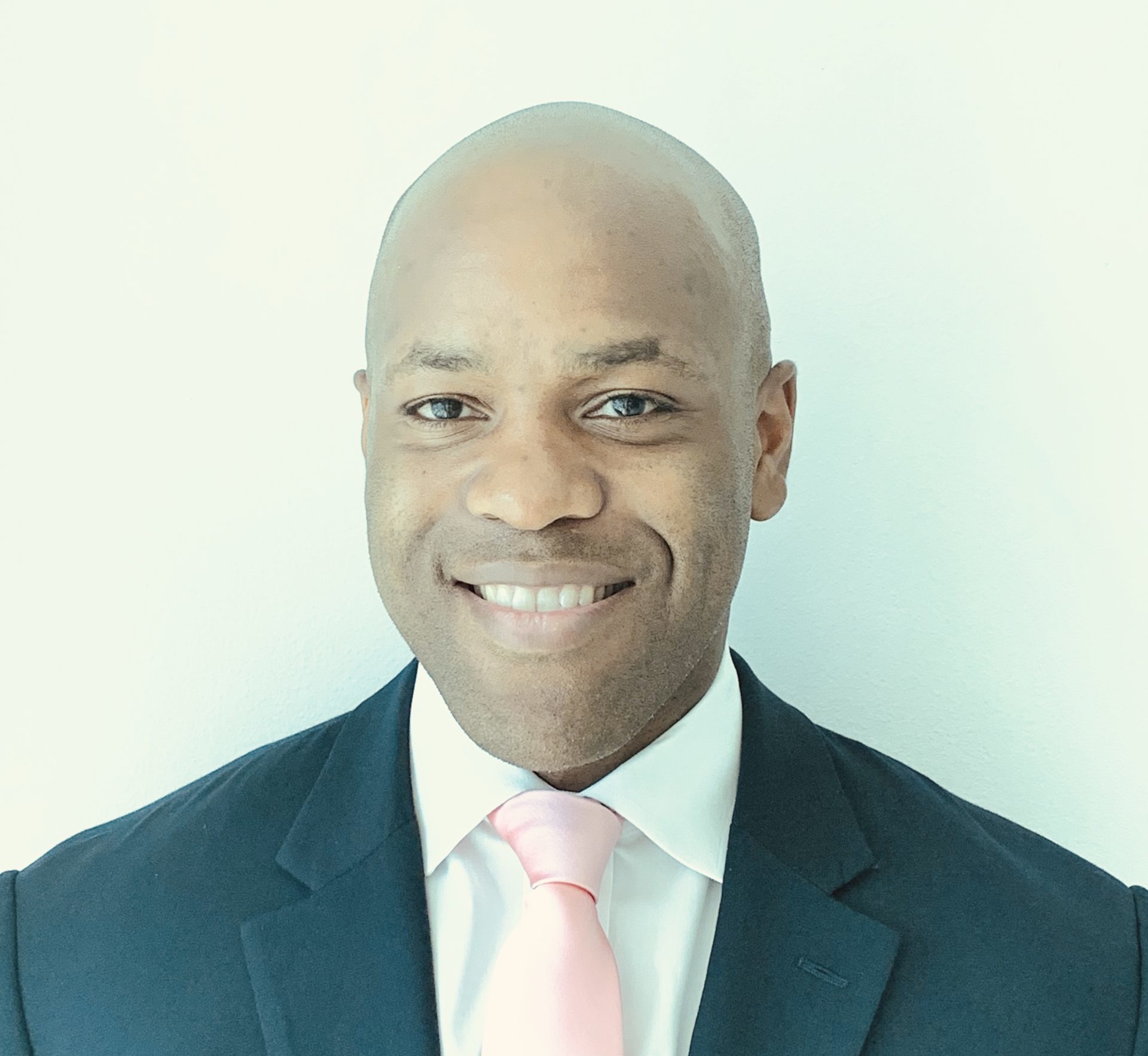
The conservative movement is going strong…
All of us are still digesting what happened Thursday night last week in Atlanta. The hot takes on the U.S. presidential debate and the calls for President Biden to step down are still dominating the news cycle a week later.
The U.S., however, is not the only country with an election. France completed the 1st round of parliamentary elections on 30th June with the run-off scheduled for 7th July.
Below are a few key takeaways that are not likely to disrupt the American news cycle but are nevertheless relevant to the politics.
Track record and messaging are BOTH key…
French President Emmanuel Macron has remade France as a more modern, vibrant country with increasingly business friendly policies. He cut business and wealth taxes and implemented reforms for employment and pensions.
Macron’s seven years as president was supposed to be cemented as historic or, at least, commendable when athletes and fans flocked to Paris for the Olympics this month. Brand-new train lines, sports venues, and restaurants were expected to be the physical manifestation of Paris’s emergence as a tech and banking hub and rival to London for talent and capital.
Yet, the political center that Macron carved out in French politics has cratered as Rassemblement National (RN) is in the pole position after Sunday’s vote with vows to push back on immigration, increase border controls with other EU countries, and bring back the wealth tax.
Macron did not only ignore the RN’s success in European elections last month but outright challenged the RN to defeat him (and his track record) by immediately calling for French elections when they were not required.
Whether a protest vote or not back in June, the response by Macron was a “slap in the face” to voters by assuming they wouldn’t do it again…and well…they did it again. Lesson be learned: polling does matter and you cannot ignore the message or choose not to respond.
Jordan Bardella symbolizes the youth movement…
The 28-year old RN president and protégé of Marine Le Pen has enjoyed a meteoric rise since his performance as RN’s spokesperson after which he became the party’s lead candidate, at age 23, for the 2019 European elections. He succeeded Le Pen as RN president at age 27 in 2022.
Bardella was born to Italian immigrant parents and grew up in the underprivileged Parisian suburb of Seine-Saint-Deis. He represents what Americans are searching for in today’s politics: youth.
Whatever your political stripes, there were true ‘cringe’ moments in last week’s U.S. presidential debate as President Biden struggled to communicate clearly and appeared to lose his train of thoughts at different moments in the debate.
Both Democrats and Republicans do not lack young supporters nor do they lack capable young people – yes, many potential candidates have run off to the private sector for more lucrative careers, but the talent pool is nowhere near empty. Thus, how do the “old guard” (no pun intended) bring more of the young people to the forefront of leadership for both parties?
Immigration is an issue for all individuals…
People who were once immigrants (or come from immigrant families like Bardella) can have a view that immigration should be limited without being labelled as self-hating or self-aggrandizing.
The reality (and one’s interpretation) of job opportunities, wealth, social benefits and crime has changed perspectives on immigration in recent years.
Leaders are balancing filling open jobs and finding taxpayers to fund government spending (including social benefits) against straining limited government resources beyond capacity and ensuring citizens believe they have job opportunities (and can create wealth in today’s world).
Crime or, for many countries, the influx of drugs has been associated with immigration or, at least, border control.
Border control as an issue—having now become all-encompassing—further challenges the public’s ability to navigate the nuances of issues.
The global conservative movement is here to stay…
The RN’s dominance in recent polls coupled with the governing coalition in Italy led by Giorgia Meloni and the strength of Alternative for Germany (AfD) in European elections, Party for Freedom (PVV) in the most recent Dutch elections, and Vlaams Belang (VB) in the most recent Belgian elections demonstrate a heavy rightward shift in politics.
Even in the scenarios, such as Belgium, where the far-right are not the leading party, the governing party is still rather conservative – the New Flemish Alliance would not be mistaken for liberal.
The global strength of the conservative movement cannot be overstated…modern-day conservatives are not fascists and have done well in polling by ensuring the public that this movement is not a flashback to the 1930s.
Italy’s Meloni (and other conservative leaders) understand that governing within the rules and fighting within the system demonstrates that the conservative movement is compatible with democracy…and not exactly a threat to democracy.
Le Pen and (consequently the RN) were painted as a threat to the social fabric and political system of France…now the RN may very well play kingmaker in French politics. It all sounds like a familiar narrative.
